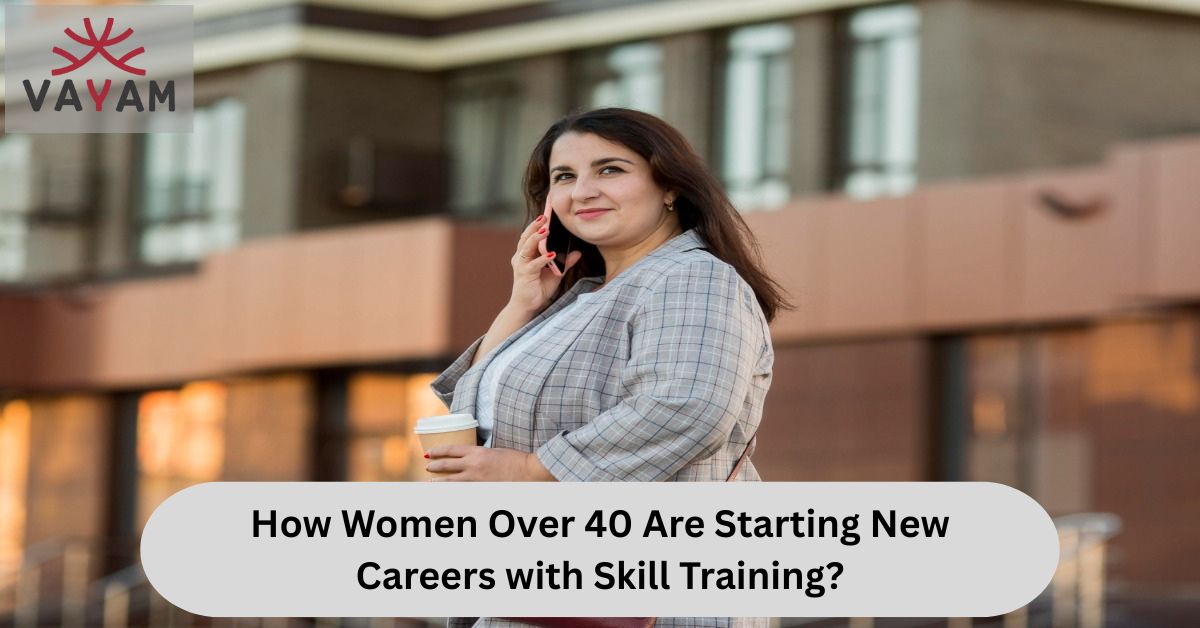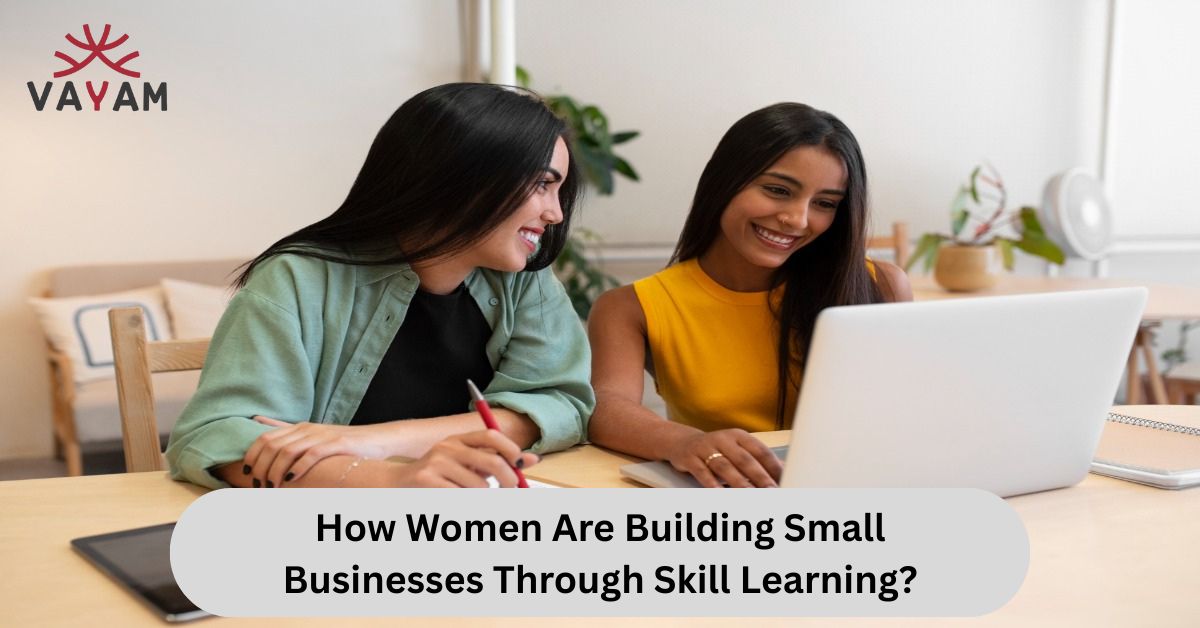
How Women Over 40 Are Starting New Careers with Skill Training?
Turning 40 is often
Building resilient communities by empowering vulnerable populations with sustainable solutions in health, livelihoods, and agriculture.
If vulnerable women, men, girls, and boys are equipped with increased capacities and operate within an equitable and inclusive enabling environment, then individuals and their communities will develop resilience to shocks and stresses, leading to improved food security, better health outcomes, and sustainable development.


Collaboration is at the heart of our operations. By partnering with grassroots civil society organizations, we ensure the delivery of impactful solutions. Our capacity-building efforts focus on optimizing the potential of individuals and organizations to sustain and expand these changes.
Enhancing maternal and child nutrition, promoting WASH practices, and improving access to healthcare services.

To bridge the gap between research insights and community action.

Empowering vulnerable communities to implement sustainable solutions.

Leveraging Sambodhi’s expertise to create long-term, self-reliant development in health, livelihoods, and agriculture.
To drive community-based solutions that empower individuals, promote inclusion, and create lasting improvements in health, livelihoods, and agriculture through collaboration, capacity building, and equity-driven approaches
To transform vulnerable populations into self-reliant, equitable, and adaptable communities, ensuring a positive and lasting impact across generations.

Head Office: Noida, India
VAYAM is a registered non-profit under the Societies Registration Act, 1860, with 12A, 80G certifications, and CSR-1 registration (CSR00026642). As part of Sambodhi, VAYAM drives community-led impact in health, livelihood, and agriculture, focusing on capacity building, inclusion, and sustainability across India.
VAYAM adopts a comprehensive, systems-based approach to development. This involves
Supporting marginalized communities with innovative interventions in livelihoods, skills, and resilience.
Facilitating strategic implementation and scaling initiatives in health, livelihood, and development.
Leveraging global expertise to address health, nutrition, WASH, and child protection challenges.
Strengthening impact, enhancing sustainability, and driving long-term change through corporate partnerships and CSR initiatives.

Turning 40 is often

In a world where

Women are breaking barriers